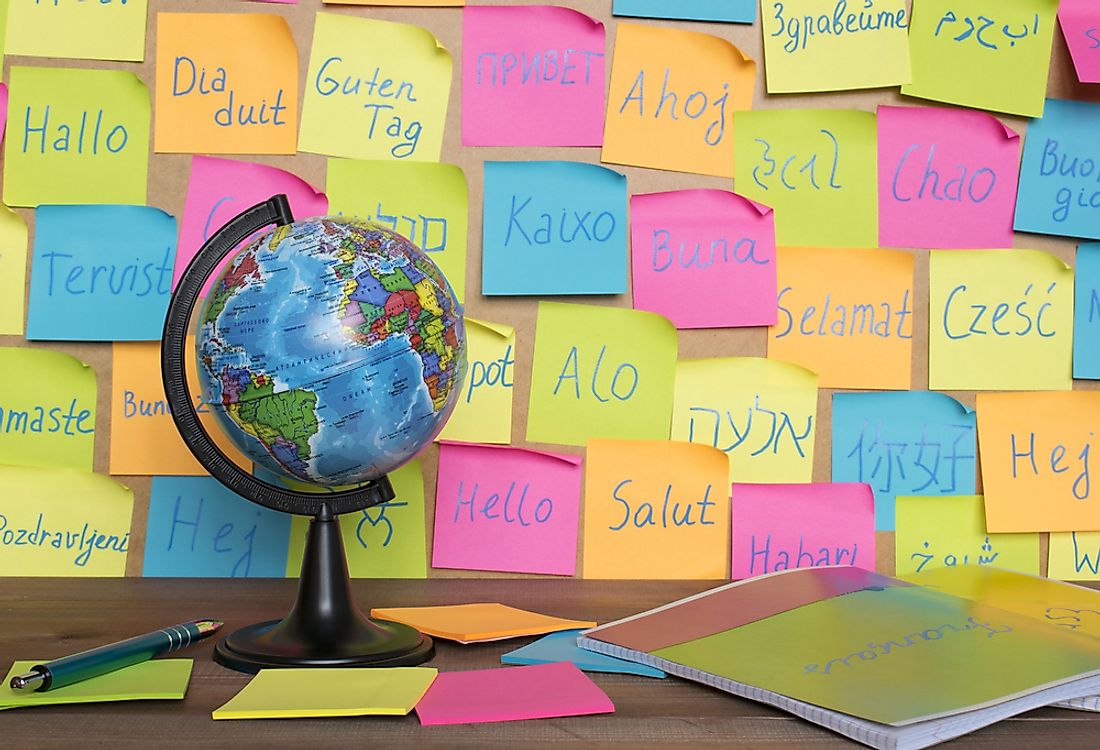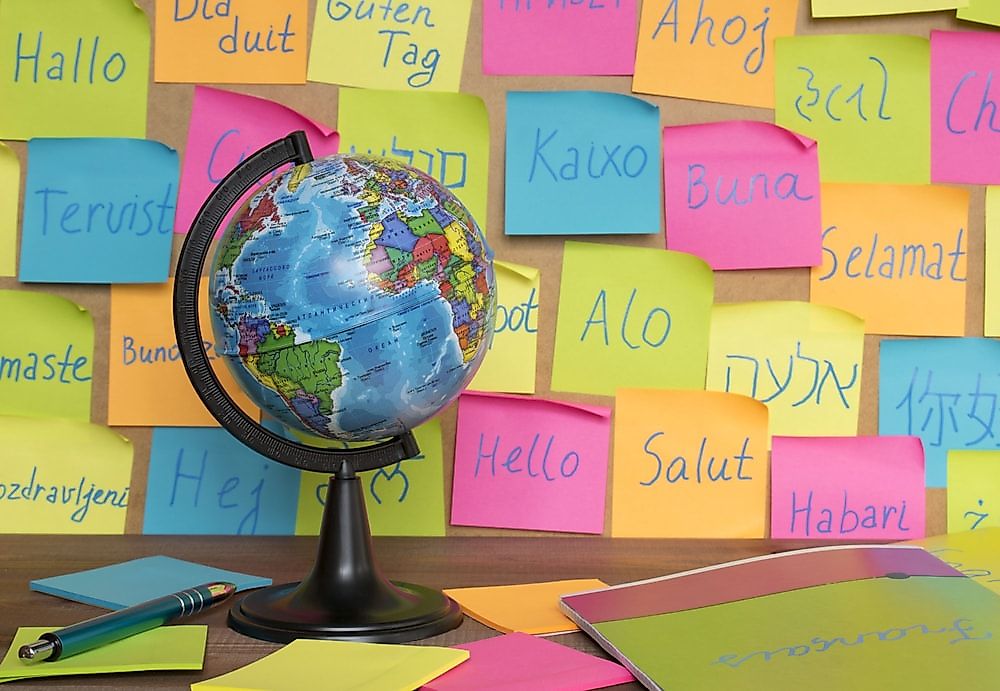


It also, like many non-English languages, uses the universalized "LOL" to indicate laugher. Russian: haha хаха, hihi хихи, hèhè хехе Same.įrench: hahaha, héhéhé, hihihi, hohoho also MDR French uses onomatopoeic laughter variations much like those in English. Spanish: jajaja In spanish, j is pronounced like the English h, so "jajaja" is the direct analog of the English "hahaha."īrazilian Portuguese: huehuehue, rsrsrsrs Same, with the vowels varying rather than the consonants.ĭanish: ha ha, hi hi, hæ hæ, ho ho, ti hi Same deal. Korean: kkkkk or kekekekeke This comes from ㅋㅋㅋ, short for 크크크, or keu keu keu - the Korean equivalent of the English "hahaha." 8888888888 in Japanese represents applause, since 八 (eight) is pronounced "hachi," which sounds like "pachi pachi," which is onomatopoeia for clapping.

Along those lines, should you want to reward someone you're chatting with not just with laughter, but with actual praise. Similarly, since the number 8 is pronounced "ba," Chinese speakers sometimes use "88" to sign off, or say "ba ba" ("bye bye"). Interestingly, the number 5, in Mandarin, is pronounced as "wu" - meaning that Thai's "55555" would, in Chinese, be prounounced "wuwuwuwuwu." This is the sound equivalent, a Chinese-speaking redditor points out, of "boohoo" - meaning that laughter in one language is crying in another. Japanese: And then, much the same way "ha" begat "haha" begat "hahaha," the sentiment became extended - to "ww" and then "Similarly, xixi, 嘻嘻, suggests giggling. Thai: 55555 In Thai, the number 5 is pronounced "ha" - so instead of saying "hahahahaha," Thai speakers will sometimes write "55555." So, how do you laugh, on the Internet, in other languages? Here - haaaaaaaaaahahaha - is a starting guide: Laughter rendered in letters and numbers and characters - laughter that transcends language but also, online, utterly relies on it. Something like "LOL." Or ":-)" Or "ha." Or, if my hilarity is a little more hilarious than usual, "haha." Or, if my hilarity is a little less hilarious than usual, "heh." Or, if I my hilarity is slightly ironic, "hehe." Or, if my hilarity is slightly impish, "teehee." Or, if my hilarity is excessively hilarious in a way that requires some excessive laughter: "hahahaha." Or "haaaaaaaaaaaahaha." Or "hahahahahahahahahahahahahahahaha."īut, so many hahas, you get the idea: You'd find a way, basically, to convey through textual means the uncontrollable laughter I have provoked.īut: what if we weren't speaking English? What if we were chatting in Spanish, or Mandarin, or Japanese? In an amazing reddit thread this morning, redditors from non-English-speaking countries have been weighing in on a very good question: "what is internet culture like in your first language?"Īnd the most-upvoted answers, awesomely and tellingly, have focused on laughter. You could say the obvious thing: "Megan, that is utterly, awesomely hilarious." Most likely, though, you would say something else, something that better reflects a more natural response to my hilarity. Imagine that, in the course of our conversation, I - and this may require some extra imagination - say something utterly, awesomely hilarious. Imagine you and I are chatting somewhere and sometime on the Internet.


 0 kommentar(er)
0 kommentar(er)
